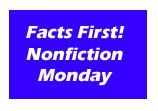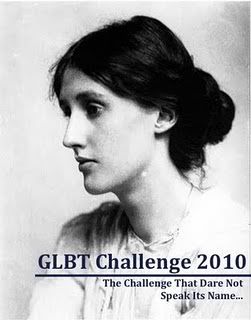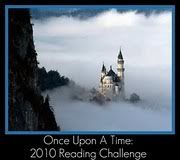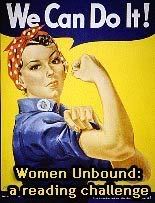- The movie script is being polished by veteran action movie writer Billy Ray, who is also adapting 24 for the big screen.
- In NYC but not crazy enough to come to the midnight release? Suzanne Collins will be reading at the Scholastic store on 8/26. If you want your book signed at this one, you have to buy it from the Scholastic store (I hope you can buy it on 8/24 and bring it back on8/26!)
- Hot Topic is producing a number of Hunger Games T-Shirts. I currently love the GIRL ON FIRE one and will buy it if I don't get around to making my TEAM KATNISS T-shirt. If you odn't see one you love yet, there are supposed to be more on the way!
- Scholastic has also released the official trailer
A collection of LGBT short stories as been the subject of censorship in New Jersey - Revolutionary Voices was removed from Burlington County Library System, citing "child pornography" and ignoring library policy (and professional standard) to subject the book to a formal review. Warning about the comments: while much is supportive, there are a couple of jerks in there claiming that being gay is a choice (my standard response, though I'm not wading into the comments, is who the hell cares if it is a choice? Religion is a choice and its a protected class, after all).
On a happier subject, Kristin Cashore has an awesome blog post about names and power in The Disreputable History of Frankie Landau-Banks. And another post about writing scenes with physical intimacy. This is why Kristin Cashore is easily one of my favorite author bloggers - there is always something interesting on her blog!
Via First the Egg, a writer for Ms is asking for community input on the best feminist YA books. The list is a mixed bag from my point of view - there's a difference between books that teenagers read and actual YA books for one thing. For example, I first read The Handmaid's Tale in high school but in no way would I argue it's YA. Also, how is the first Harry Potter book, let alone freaking Twilight, feminist again?
Another list: Persnickety Snark hast started posting the results of the Top 100 YA Books poll conducted back in April. I was quoted for The Knife of Never Letting Go!
April at Good Books & Good Wine has written a defense of average boys. You're not going to find an Edward Cullen for yourself - and really, that's probably a good thing!
YA author extraordinaire Laurie Halse Anderson is once again hosting Write Fifteen Minutes a Day in the month of August. She's done this for a couple of years now, and this time around there will be prizes available! How do you participate? Just write fifteen minutes every day next month! There's no sign up, no penalties if you don't succeed, and no official timekeeper. The goal is to get in the habit of writing every day. Anyone else participating?
Still want more to read? The July Carnival of Children's Literature is up with dozens of more kids and YA-related links! There's even a link back here buried in the middle of all that greatness.
What have you been reading lately? Share your links in the comments! And feel free to promote your own stuff :-D























